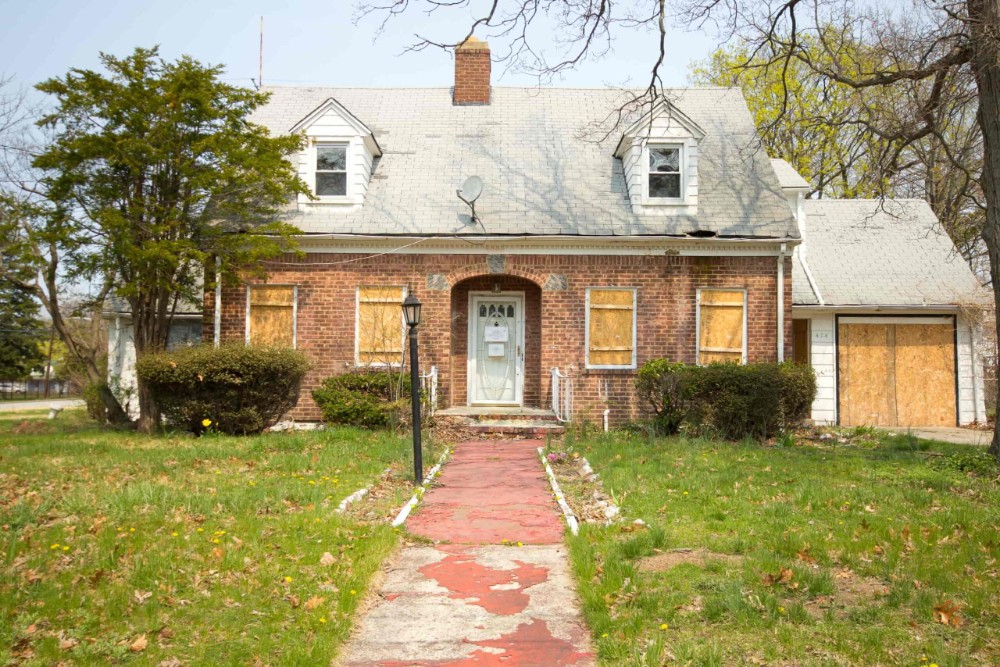
What Does Pre-foreclosure Mean?
Pre-foreclosure is a legal proceeding that can result in your house being repossessed when you’re unable to service your loan. The rise in inflation, among prevailing conditions in the market, has resulted in many people being unable to service their mortgages. The lender has to file a notice of default stating that the borrower is unable to meet the terms stated in the contractual agreement. Many lenders have presented pre-closure letters to borrowers letting them know that their property is in pre-foreclosure. Failure to do something about the situation results in you losing your home and the investment you had put in the home
We are happy to report that all is not doom when you get a pre-closure letter; it’s important to note that you can take a few actions to prevent your home from being repossessed. Understanding what pre-foreclosure is and the actions to take can help you get back on your feet.
How Does Pre-foreclosure Work?
A house buyer borrows money from a lender when they want to buy a house, and they enter into a contract. It specifies how the borrower is going to repay the money, the loan term, and at what interest rate. When the borrower fails to make three consecutive monthly payments, they are deemed as a defaulter.
The lender can then begin the pre-foreclosure process. They then file a pre-closure letter with the court, and another copy is issued to the borrower. The pre-closure process can last anywhere between a week and a few years. It’s important to note that a judge must approve the repossession if he/she deems it fit or when the parties involved don’t agree. At this stage, the borrower can reach out to the lender to negotiate payment terms to avoid paying hefty fines pre-foreclosure.
The last step is an auction for the bank to recoup what is owed to them. Failure to take action after you are issued with a pre-foreclosure letter results in you losing your property. This is the last result even for banks, and thus, the best defense is renegotiating with the lender.

What to do In case of Pre-foreclosure
As a borrower, you have several actions you can take when your home goes into pre-foreclosure. Let’s explore some of them below.
Renegotiate the Loan or Refinance
Homeowners who have built equity or have been lucky as their homes have appreciated should consider renegotiating better loan terms with the lender. Another viable option is loan modification, as a loan modification increases the term of the loan, but it results in cheaper monthly payments.
Short Sale
It’s still possible to sell your home during pre-foreclosure. A short sale will allow the buyer to pay less for the house than the balance of the mortgage. However, the lender must be on board because they will be receiving less money than if the buyer serviced the loan entirely.
Get a Deed in Lieu of Foreclosure
You can react to pre-foreclosure by surrendering your ownership rights by filing a deed in lieu. Once it goes through, the property’s owner is required to vacate the property, and the seller is free to sell the property to recoup part of what is owed.
It’s crucial to read the fine print before signing everything because it may or may not work in your favor.
Consider Borrowing
You should consider borrowing only if you can catch up with missed payments. Otherwise, you’ll end up digging yourself into more financial trouble. Once you catch up with the missed payments, the borrower will most likely abandon the pre-foreclosure.
How to buy a Pre-foreclosure Home
Buying a pre-closure home can have handsome rewards if you’re in real estate or an optimistic buyer. Contact us today to see incredible listings; with our ears to the ground we always find the best deals. You can then pay the agreed amount, which is usually lower than the mortgage balance. The downside is that you’ll take on other associated property costs, including home insurance, liens, if any, and the remaining mortgage balance.
The next step is getting in touch with the listing company and negotiating the terms. Pre-foreclosure homes are especially appealing to real estate investors who want to turn in handsome rewards. You’re better off avoiding pre-foreclosure homes if you’re a fast-time homeowner.
Conclusion
All is not lost even when a lender serves you with a pre-foreclosure letter. You can take several actions to protect your investment and avoid putting a dent in your credit score. One of the most effective ways is to reach out to your lender and renegotiate the loan terms. The second best alternative would be to borrow and catch up with the payments. Talk to Roenspie and Johnson today about buying your house!
